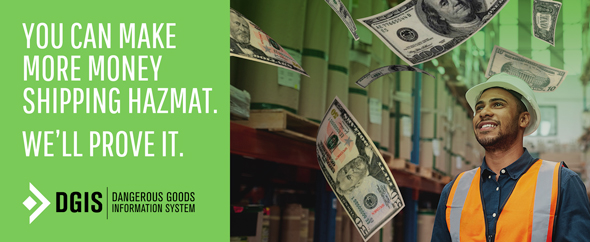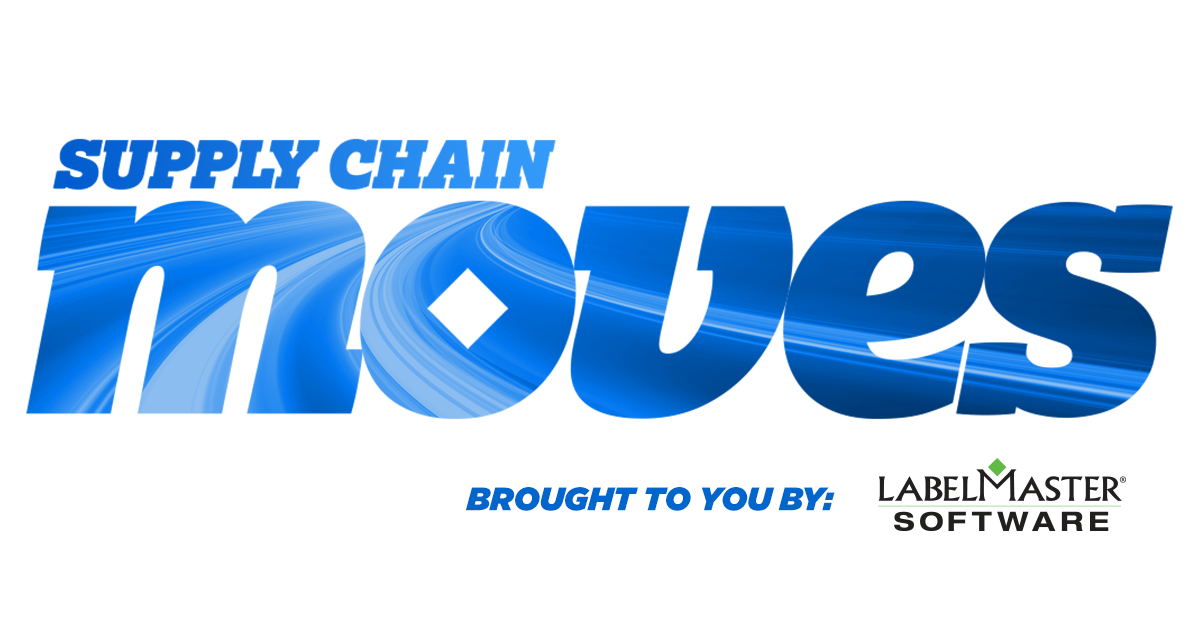

Week of June 21st, 2021
Linking supply chain news with dangerous goods compliance
As businesses around the world continue to navigate compounding supply chain challenges, some are beginning to take even more drastic steps.
Let’s examine some recent industry news.
SUPPLY CHAIN NEWS
- Brands Turn to Air Cargo as Inventory Delays Continue: Inventory delays have been systemic in the first half of 2021, as companies struggle to catch up to quickly rising demand, and are turning to airfreight to ship these high-demand goods.
- Home Depot Gets its Own Container Ship to Avoid Holiday Shipping Crisis: Home Depot has contracted its own container ship ahead of the holiday season in an effort to ward off potential supply chain issues.
- How Can Retailers Best Navigate Supply Chain Turbulence: Record imports are arriving at the nation’s ports as consumers return to normal shopping patterns, but shortages of labor, equipment and shipping capacity are preventing retailers from capitalizing on that demand.
- NRF: 9 In 10 US Retailers Affected By Shipping Delays, Inventory Shortages: According to NRF, 97% of its members have been impacted by port congestion and shipping delays – with nearly all of them experiencing inventory shortages – as congestion at the nation’s maritime ports continues to cause supply chain disruptions.
- Tackling the Biggest Issues Facing the Consumer Products Industry: Consumer products companies have faced supply chain disruptions along with dramatically shifting consumer behavior. The pressure to drive innovation, transparency, and sustainability while trying to remain resilient throughout these challenges has pushed the industry toward drastic change.
OUR PERSPECTIVE
- Supply chain disruptions will continue. Port congestion, capacity constraints, rising shipping costs and myriad other factors, shippers continue to put pressure on supply chains. As a result, companies will continue to rethink their supply chain strategies, whether it’s utilizing different modes, selecting new carriers, nearshoring operations or changing the locations of suppliers or facilities.
- Shipping changes cause a ripple effect. Changes to a company’s shipping processes can have a tremendous impact on its DG management operations as well. Regulations can vary by mode, region and more, so understand how changes will impact the necessary permits, documentation, packaging or labels. Or if there are restrictions, such as shipping lithium batteries via air.
- DG compliance needs a seat at the table. Effective DG management is critical to helping ensure a fast, efficient, safe and cost-effective supply chain. So, it’s critical for organizations to give DG pros a seat at the table and be a part of strategic planning discussions. Otherwise, they risk causing slow, inefficient distribution processes, or even delayed shipments, large fines and environmental disasters due to noncompliance.
To learn more about dangerous goods software or how to establish a safer, more compliant supply chain, visit https://www.labelmaster.com.
Have questions about dangerous goods transport? Call the Labelmaster Regulatory Hotline at 1.800.621.5808.

As the industry’s most robust, flexible, and advanced hazmat shipping software, Labelmaster’s DGIS can actually help your operation make more money. DGIS validates shipments and prepares DG declarations so quickly, you can handle more shipments every hour. And more shipments mean more revenue.
Try your own numbers in our calculator to see the added revenue DGIS can generate for you.

